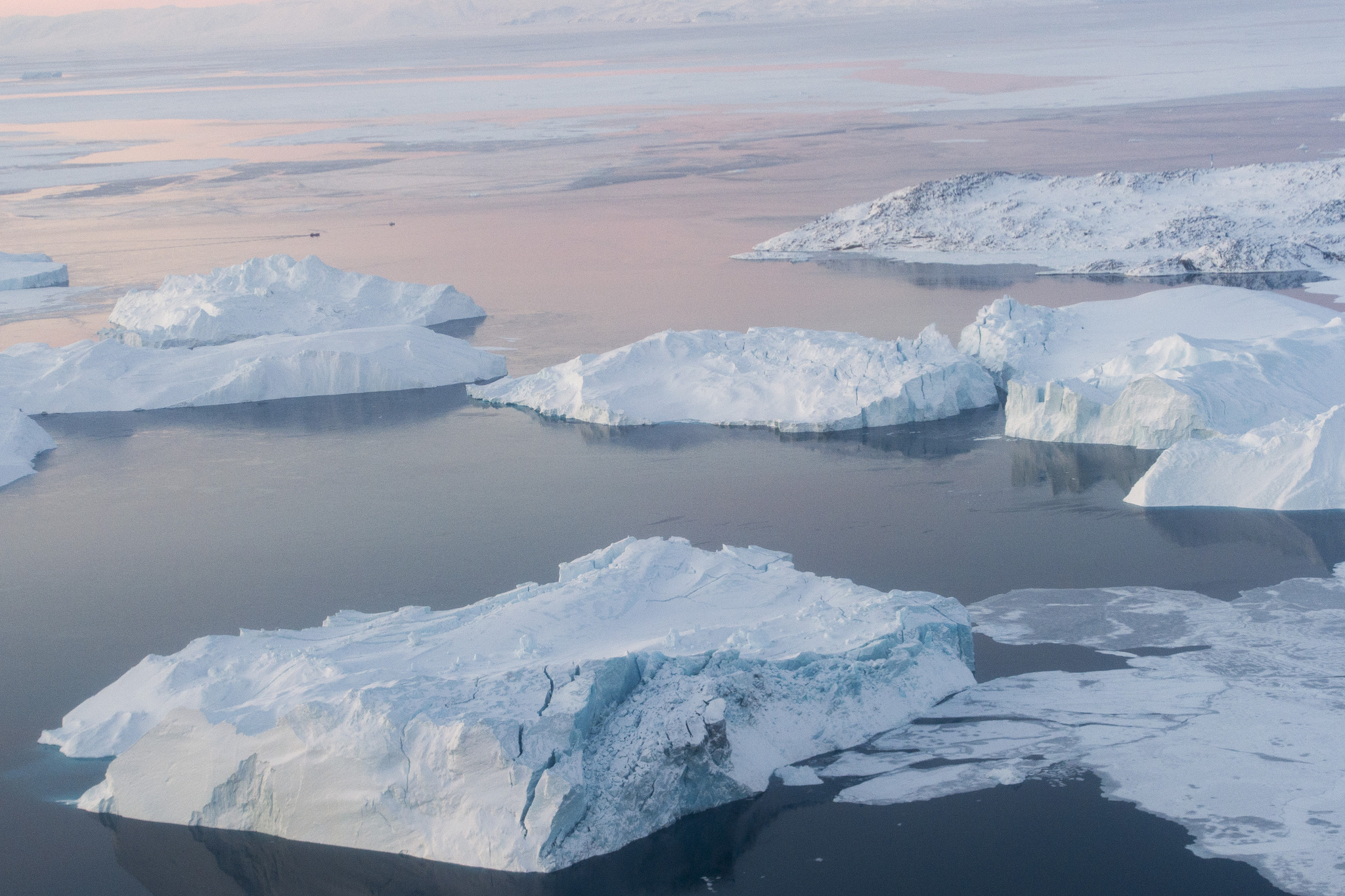This week, the United Nations climate summit continues in Paris, and it seems likely there will be a new agreement to limit greenhouse gas emissions.
Talks like these have mostly stalled since the Kyoto Protocol climate agreement was signed in 1997. One signal that this time might be different—an unprecedented number of world leaders, 150 of them, showed up for this week’s conference. U.S. President Barack Obama pointed to Alaska’s melting glaciers as a reason to make these negotiations a success.
“What should give us hope that this is a turning point, that this is the moment we finally determined we would save our planet, is the fact that our nations share a sense of urgency about this challenge and a growing realization that it is within our power to do something about it,” Obama said.
LISTEN: “A deal in Paris?”
French President François Hollande thanked the world for support in the wake of terrorist attacks in Paris. But he said children don’t just need to be free from terrorism; they also need an unspoiled planet. England’s Prince Charles, months after the birth of his second grandchild, echoed that sentiment.
“So I can only urge you to think of your grandchildren as I think of mine and of those billions of people without a voice,” he said.
The stakes for these climate talks are particularly high for island nations. Christopher Loeak, President of the Marshall Islands, said his country is disappearing into the rising waters of the Pacific Ocean.
“Everything I know and everyone I love is in the hands of all of us gathered here today,” Loeak said.
While an agreement seems likely in Paris, huge questions remain about how strong and ambitious it will be.
###
This story is provided by our content partner Living on Earth, a weekly environmental news and information program distributed by Public Radio International.

